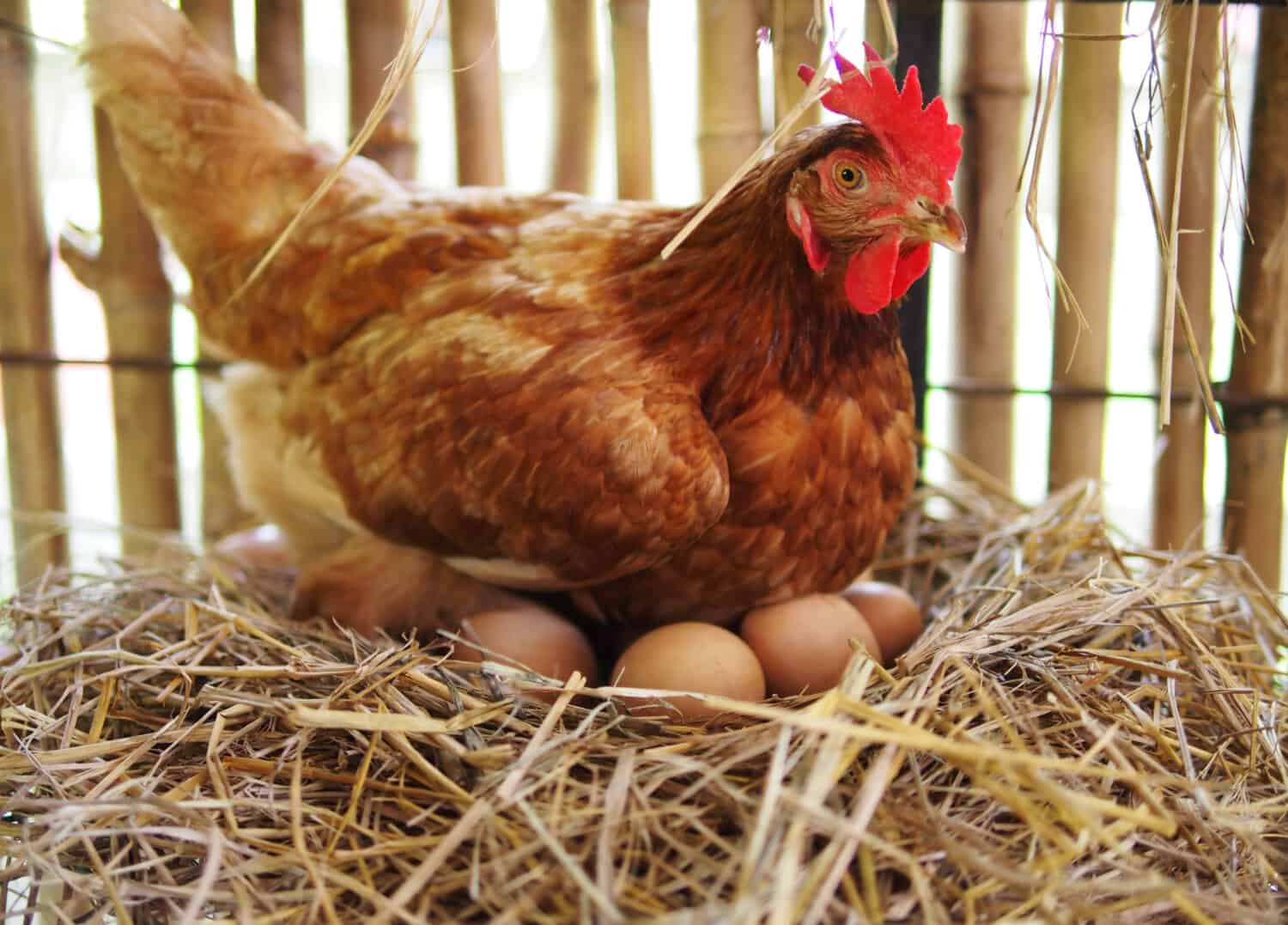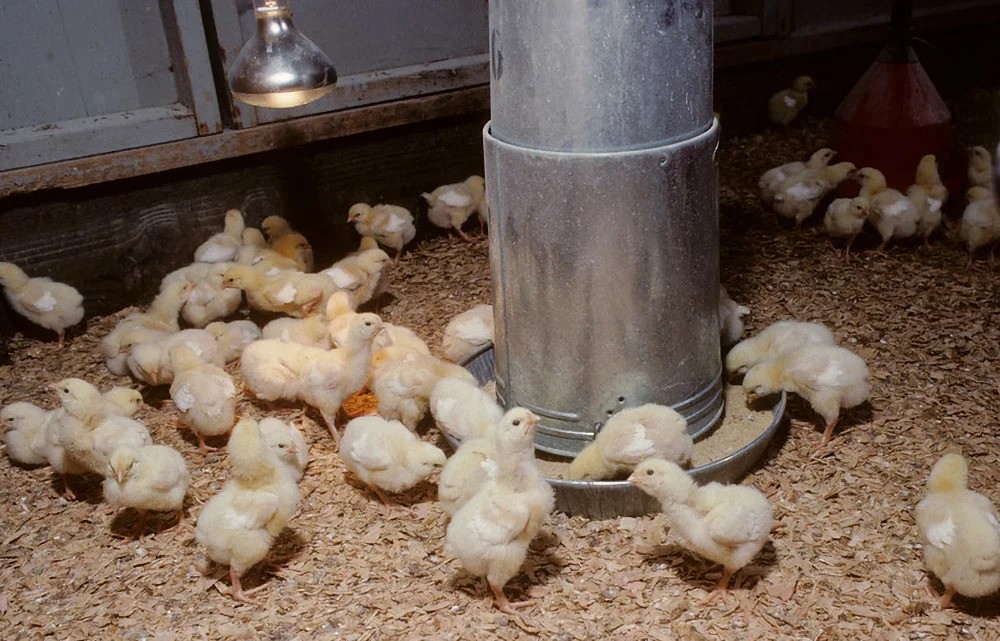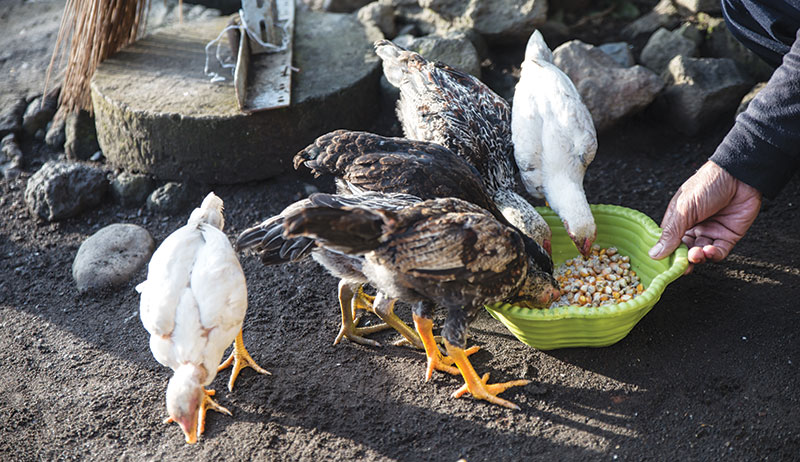Ensuring the health and productivity of your flock begins with proper nutrition. One of the most critical components of poultry feed is protein. Protein plays a pivotal role in the growth, egg production, and overall health of chickens. Understanding the importance of chicken feed protein and how to optimize it can significantly impact the wellbeing of your flock.
Understanding Chicken Feed Protein
What is Chicken Feed Protein?
Protein in chicken feed refers to the essential nutrients that chickens need for growth, development, and maintenance of their body functions. It is a macronutrient that consists of amino acids, which are the building blocks of body tissues.
Why is Protein Important for Chickens?
Protein is crucial for several reasons:
- Growth and Development: Young chicks require high protein levels to support rapid growth and development of muscles, feathers, and organs.
- Egg Production: Laying hens need adequate protein to produce high-quality eggs consistently.
- Feather Health: Feathers are primarily made of protein, making it essential for molting and maintaining healthy plumage.
- Immune Function: Adequate protein helps boost the immune system, aiding in disease resistance.
Optimal Protein Levels for Different Stages

Starter Feed for Chicks
Chicks have different nutritional needs compared to adult chickens. Starter feed typically contains 18-20% protein to support the rapid growth phase.
Grower Feed for Pullets
As chicks transition to pullets, their protein requirements slightly decrease. Grower feed usually contains around 16-18% protein, promoting steady growth without overloading their developing systems.
Layer Feed for Hens
Laying hens require around 16-18% protein to maintain consistent egg production. Proper protein levels ensure that hens have the necessary nutrients for producing eggs with strong shells and rich yolks.
Sources of Chicken Feed Protein
Plant-Based Proteins
Plant-based proteins are common in chicken feed. Soybean meal is a primary source due to its high protein content and balanced amino acid profile. Other plant-based sources include peas, canola meal, and sunflower meal.
Animal-Based Proteins
Animal-based proteins, such as fish meal, meat, and bone meal, provide a complete amino acid profile, essential for optimal chicken health. These sources are particularly beneficial for enhancing the protein quality in chicken feed.
Balancing Chicken Feed Protein

Importance of Amino Acids
Not all proteins are created equal. The amino acid composition determines the quality of the protein. Essential amino acids, such as lysine, methionine, and tryptophan, must be present in the right proportions for chickens to thrive.
Avoiding Protein Deficiency
Protein deficiency can lead to poor growth, decreased egg production, and weakened immune systems. It’s crucial to monitor protein intake and adjust feed formulations as needed to prevent deficiencies.
Risks of Excess Protein
While protein is essential, excess protein can strain the kidneys and lead to health issues. Balancing protein levels according to the specific needs of different age groups and production stages is vital.
Hen Protein: Special Considerations
Protein Needs of Laying Hens
Laying hens, or hens in egg production, have higher protein requirements. Ensuring they receive sufficient protein supports their reproductive health and consistent egg laying.
Seasonal Adjustments
Protein needs can vary with the seasons. During molting, hens require higher protein levels to regenerate feathers. In colder months, protein intake might need to be increased to support higher energy demands.
Practical Tips for Optimizing Chicken Feed Protein

Regular Monitoring and Adjustments
Regularly monitor your flock’s condition and adjust protein levels in their feed as needed. Observing changes in growth, egg production, and overall health can indicate whether adjustments are necessary.
Mixing Feed Formulations
Creating custom feed formulations can help balance protein levels. Combining different protein sources ensures a more complete amino acid profile, enhancing the overall nutritional value of the feed.
Consulting with a Nutritionist
For precise protein management, consulting with a poultry nutritionist can provide tailored advice. They can help formulate feeds that meet the specific needs of your flock, ensuring optimal health and productivity.
Conclusion
Protein is a cornerstone of chicken nutrition, playing a vital role in growth, egg production, and overall health. By understanding the importance of chicken feed protein and implementing strategies to optimize protein levels, you can ensure the health and productivity of your flock. Regular monitoring, balanced feed formulations, and expert advice are key to achieving the best results for your poultry.
Maintaining the right protein levels in chicken feed is not just about maximizing production but also about caring for the well-being of your chickens. A healthy flock is a productive flock, and protein is the foundation of their health.

